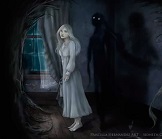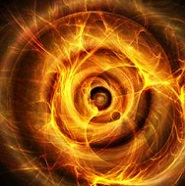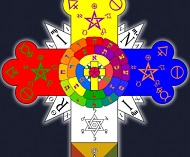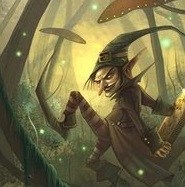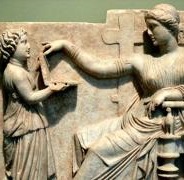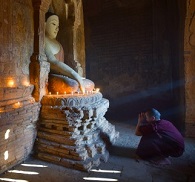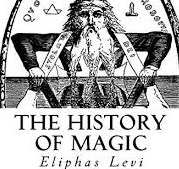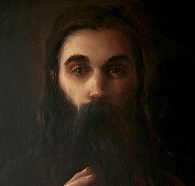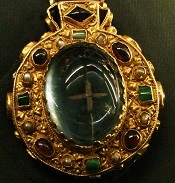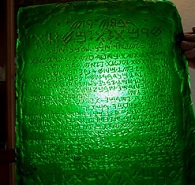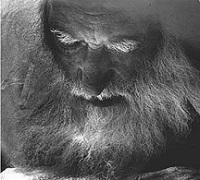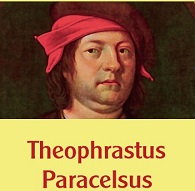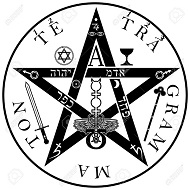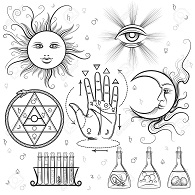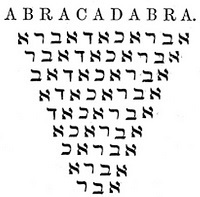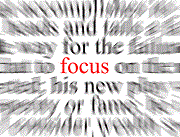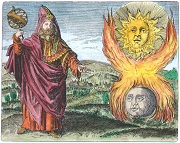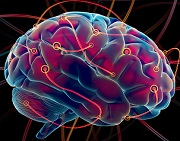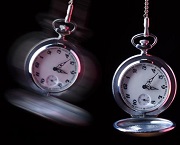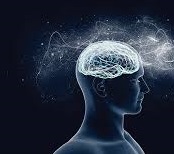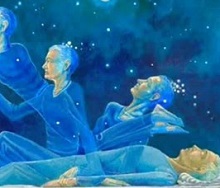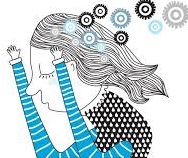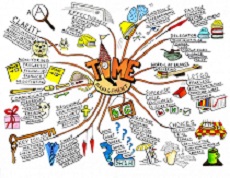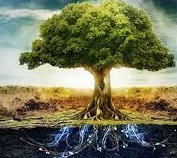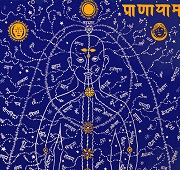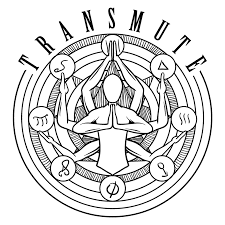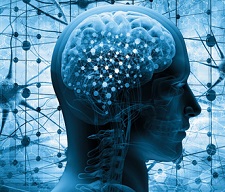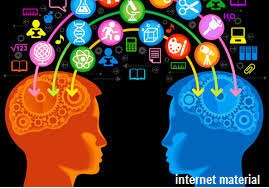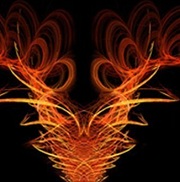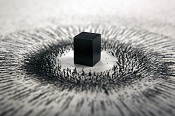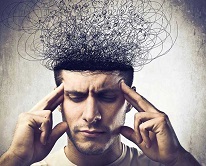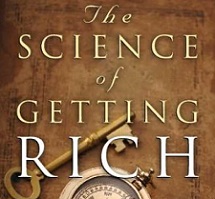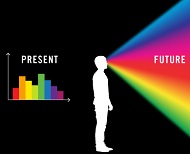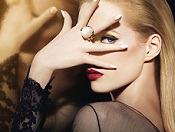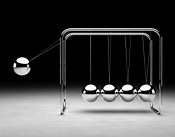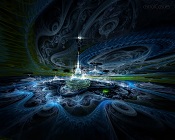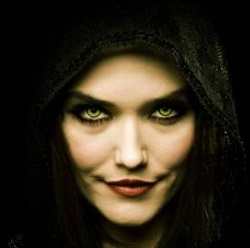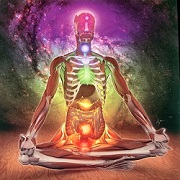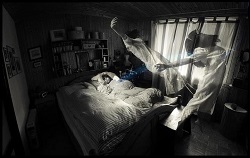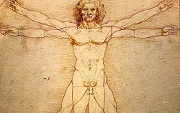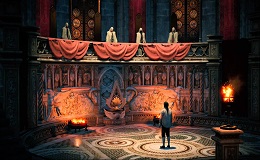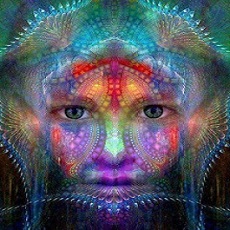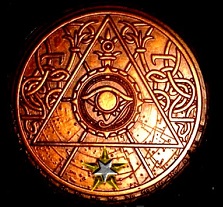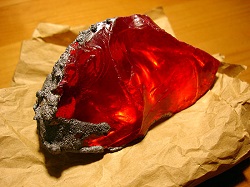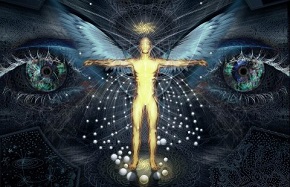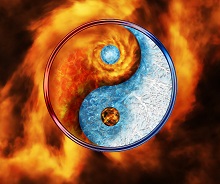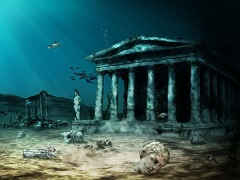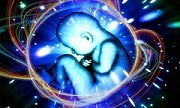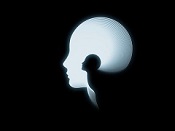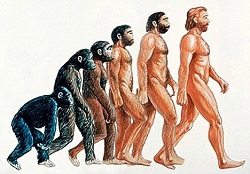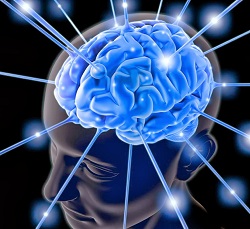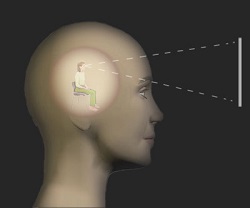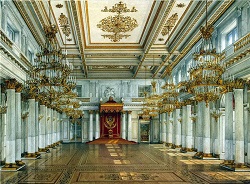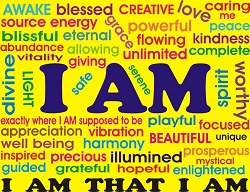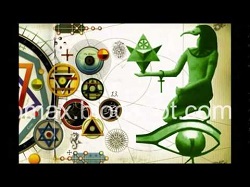The Creative Element in Dreams
We must warn the student that, no matter how vivid a dream may be, it does not follow that it is in the nature of a projection
or of a real celestial adventure, and it may have, despite its entertaining nature no more value than a visit to the theatre or
a Technicolor film. If the student has no awareness of dreaming and continues to mistake his dream-body for his physical vehicle,
a seemingly wonderful dream may be only his own creation.
This type of dream is well known, for during the last years many have made a fairly deep study of dreams and accumulated a large
amount of material in the shape of records.
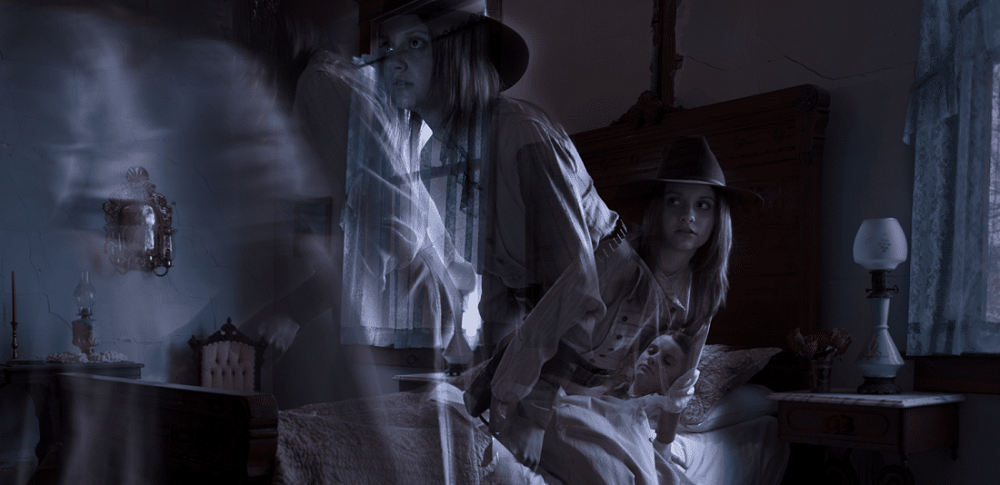
When an author writes a story, he automatically visualizes the scenes and may even
identify himself with one of his characters; but he does not mistake this mental experience for reality, because he is not in
a condition of trance (which is all sleep is), and his critical faculty is fully operative, Our author, however, will mistake
his dream for a reality, because his critical faculty is inoperative, which causes him to believe he is the fictional character
he has unconsciously created.
He fails to recognize his dream surroundings as his own creation and thinks that they are exterior to this character with whom
he has become identified.
Creative dreams – as we term them – are often much more vivid than non-creative dreams, where we are, as it were,
spectators (though identified more or less with one of the characters) and the dream either a jumbled translation of Astral
experiences or built up on the Freudian subconscious self from odds and ends of memories of things seen and read which will
serve as disguised symbols for the wish-fulfillment that is the unknown force behind a dream.
In dreams of the “creative” kind, someone have sometimes identified with another person altogether – A woman, a child, a very
old man and even a dog and a horse – and on awakening have experienced a keen sensation of surprise when realizing the identity
in this life; because the dream had been so vivid. Another question arises here: does the quality of “vividness” depend on the
dream itself or upon our ability to recall it when we awake? Sometimes we wake feeling very happy and peaceful, or agitated and
afraid, or deeply depressed or even with the sense of having experienced a profound shock; yet of the dream itself we can remember
nothing. In these cases the dreams would certainly have seemed very vivid could we have recalled them, yet we can only say that
they produced in us a remarkably.
VERIDICAL DREAMS
In another ancient article, "The Prophetic Element in Dreams”, published in the Occult Review, 1920, we have given a few examples
of veridical dreams. Some have been undoubtedly extraordinarily vivid, but others we should call just ordinary. They have been
interesting samples of the J.W. Dunne class, but trivial in nature and of no practical value.
The more we study dreams the less we fell we know about them. The phenomena associated with dreaming are so vivid and perplexing;
there are so many recognizable types of dreams, so many graduations of dream consciousness. One can make records and quote them,
but it is well to steer clear of dogmatic statements.
This conference may interest you: "God is within you."
Reading Support:


